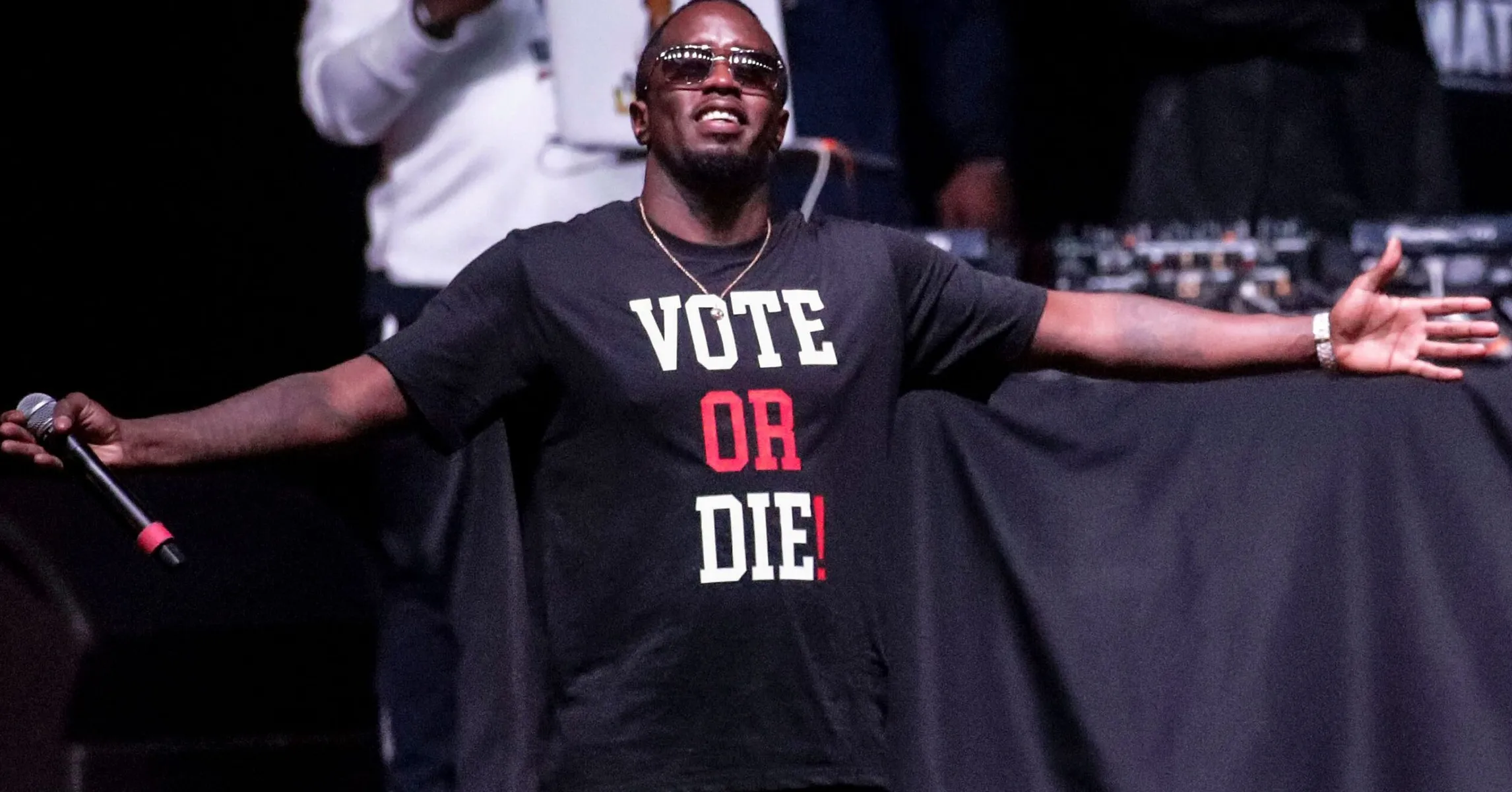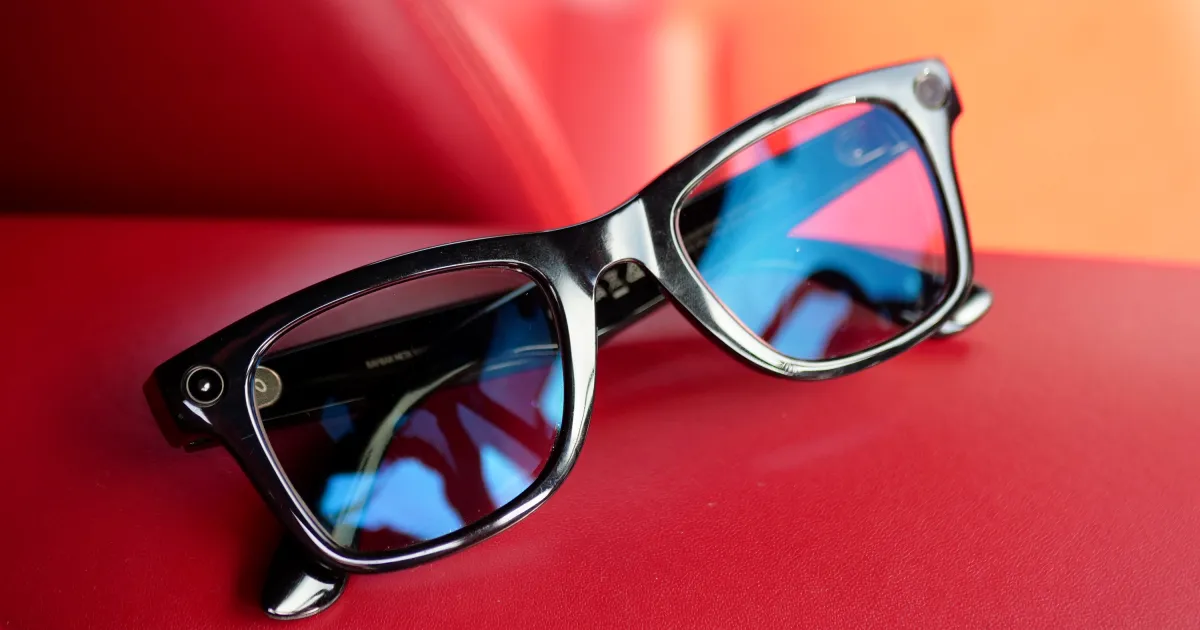
Diddy will have to explain his recent request to wear civilian clothing in court when he returns for his sentencing hearing, next month. According to AllHipHop’s Grouchy Greg Watkins, Judge Arun Subramanian not only denied the Bad Mogul’s motion to do so on September 25, but also ordered him to explain why he feels he’s above the jail-issued attire.
In making his ruling, Subramanian argued that the defense failed to provide a good enough reason for the request. Diddy’s legal team asked him to approve two button-down shirts, two pairs of pants, two sweaters, and one pair of shoes without laces. If he wants to change up his clothes for the official sentencing hearing, Diddy will need a much more detailed explanation.
Read More: Diddy Remains Optimistic As He Delivers Powerful Message To Family After Acquittal Hearing
When Is Diddy’s Sentencing?
Feb 4, 2018; Minneapolis, MN, USA; Recording artist P. Diddy aka Sean Combs in attendance before Super Bowl LII between the Philadelphia Eagles and the New England Patriots at U.S. Bank Stadium. Mandatory Credit: Kirby Lee-USA TODAY Sports via Imagn Images
Diddy will return to the courtroom for his sentencing hearing on October 3. He faces up to 20 years in prison, but the prosecution is only recommending a 4-year sentence. His legal team, on the other hand, is seeking a much shorter sentence.
Earlier this week, they submitted a lengthy filing to outline their reasoning as to why Diddy is deserving of a lenient sentence. “It is time for Mr. Combs to go home to his family, so he can continue his treatment and try to make the most of the next chapter of his extraordinary life. A sentence no greater than 14 months is plainly ‘sufficient, but not greater than necessary’ to accomplish the purposes of sentencing,” they wrote, as caught by People.
His team also submitted a number of character letters from Yung Miami, Stevie J, Diddy’s family, and more. Additionally, they revealed that Diddy introduced a “Free Game” business course at the Metropolitan Detention Center in Brooklyn. Several inmates who participated also wrote letters in support for a short sentence.



